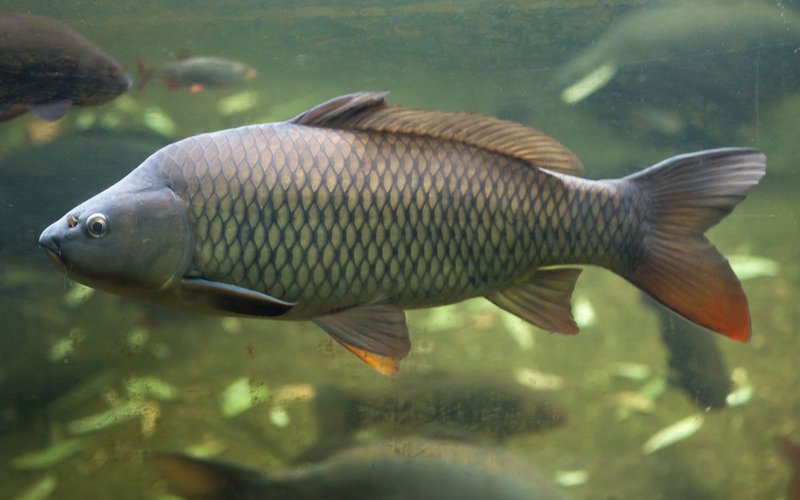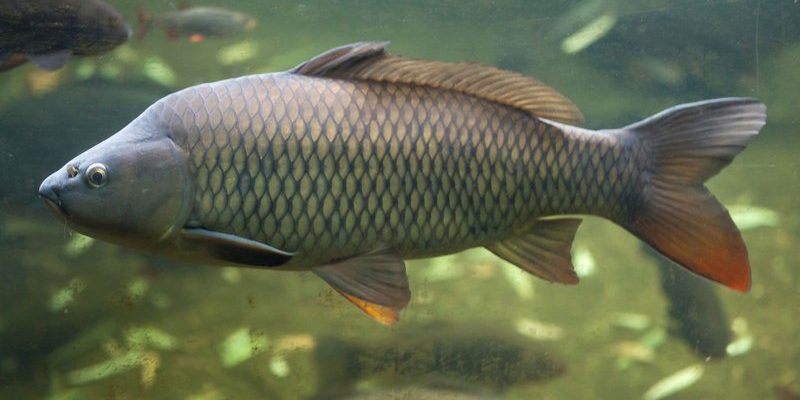
The truth is, not all states view carp the same way. Some embrace these fish as a sustainable resource, while others see them as potential troublemakers for local ecosystems. So, you might be wondering, what’s the deal? Let’s break this down and explore the ins and outs of carp farming legality state by state.
What Are Carp and Why Farm Them?
Carp are a type of freshwater fish that come in various species, including the common carp and the grass carp. These fish are known for their adaptability and resilience, making them a popular choice for aquaculture. But why farm carp in the first place?
Here’s the thing: Carp farming can provide a reliable source of food, enhance local economies, and help manage aquatic weeds. They’re relatively easy to raise, require less feed compared to some other fish, and can thrive in various water conditions. People around the world have been farming carp for centuries, and it’s seen as an important part of food security in many cultures.
However, it’s essential to recognize that not every state welcomes carp with open arms. Some states have restrictions because certain carp species can become invasive, outcompeting native fish and disrupting local ecosystems. So, while carp can be a sustainable farming option, state regulations can be a significant hurdle.
State Regulations on Carp Farming
Each state in the U.S. has its own rules regarding carp farming. The legalities can vary widely based on local policies and environmental concerns. Let’s break down how different regions approach carp farming:
- States with Fewer Regulations: States like Arkansas and Mississippi are more lenient about carp farming. They recognize the economic benefits and allow farmers to raise these fish with fewer restrictions.
- States with Strict Regulations: On the other hand, states like California and Florida take a cautious approach. They often require permits and may limit the species of carp that can be farmed, focusing on preventing ecological damage.
- States with No Farming Allowed: Some states, particularly in the Northeast, have banned carp farming entirely. This is due to concerns about the ecological impact if these fish escape into local waters.
Understanding these regulations is crucial. If you’re considering starting a carp farm, research your state’s laws or contact local aquaculture authorities for guidance.
Invasive Species and Environmental Concerns
One of the main reasons for the strict regulations on carp farming is their potential to become invasive. Invasive carp species, such as the Asian carp, can outcompete native species for food and resources.
Let me explain: Invasive carp can rapidly reproduce and grow, making them a threat to local ecosystems. They can disrupt food chains and alter habitats, causing long-term issues for fish populations and the overall health of rivers and lakes.
This concern is especially prominent in states with natural water bodies where escaped carp could potentially establish breeding populations. As a result, many local governments are wary of permitting carp farming near these sensitive environments.
So, while carp farming can be a beneficial venture, it’s vital to understand the ecological impacts and follow appropriate regulations to help mitigate these risks.
Benefits of Carp Farming
Despite the regulatory challenges, carp farming offers numerous benefits. Here are a few you might not expect:
- Food Production: Carp are a good source of protein and are essential in various cuisines worldwide. Farming them can help meet local food demands.
- Ecosystem Management: When managed responsibly, carp can help control aquatic plants, reducing the need for chemical herbicides.
- Economic Opportunities: Carp farming can create jobs in rural areas, from farming and processing to distribution and retail.
These benefits are particularly significant in regions where traditional farming methods are declining. Carp farming can provide new opportunities for farmers and contribute positively to local economies.
How to Start a Carp Farm
If you’re excited about the idea of starting your own carp farm, here’s a simple guide to get you started:
1. Research Regulations: Check your state’s laws regarding carp farming. This is crucial to avoid legal issues later on.
2. Choose the Right Species: Not all carp species are created equal. Research which ones are legal and best for your farming goals. For example, golden carp might be a perfect option for some regions.
3. Set Up Your Pond or Tank: Ensure you have the right environment for your carp. This means good water quality, sufficient space, and a suitable diet for the fish.
4. Monitor and Maintain: Regularly check water quality and fish health. Keeping a close eye on these factors ensures your farm runs smoothly.
5. Market Your Fish: Once your carp are ready for harvest, consider local markets or direct sales. Educate potential customers about the benefits of eating carp to boost demand.
Starting a carp farm can be an exciting adventure, but remember that knowledge is power. Make sure you’re well-informed before diving in.
Alternatives to Carp Farming
If farming carp seems too complicated, there are other fish that may be easier to manage depending on your state laws. Some popular alternatives include:
- Catfish: Like carp, catfish are hardy and can thrive in various conditions. They’re a staple in many Southern cuisines.
- Tilapia: Often called “the fish of the future,” tilapia is another popular choice for aquaculture. They grow quickly and are in demand.
- Trout: If you’re in a cooler climate, trout can be a great option. They’re a favorite for anglers and have a good market.
These alternatives may have fewer regulatory hurdles than carp, making them a more straightforward choice for new fish farmers.
So, are carp legal to farm in all states? The answer is no; it depends on the regulations of each state. While carp farming presents some fantastic opportunities, it’s essential to navigate the maze of local laws and environmental concerns carefully.
Understanding the benefits and challenges of carp farming can help you make informed decisions. Whether you’re interested in fish farming as a hobby or a full-time business, there’s a lot to learn, but it can be incredibly rewarding. If you take the time to research and follow the rules, who knows? You could be on your way to owning a successful carp farm!

